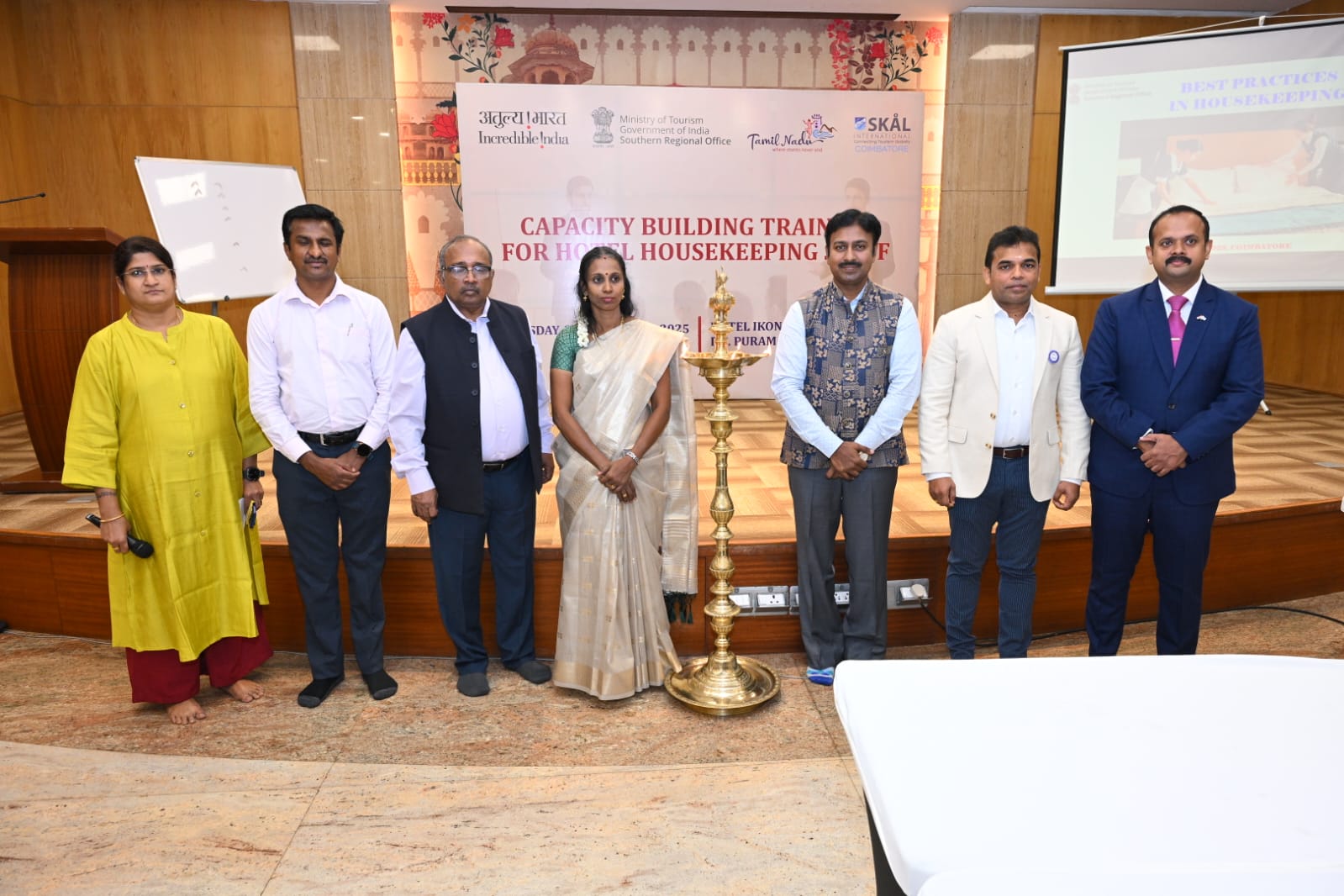Aditi Chanchani, India Head, GSTC, emphasises that sustainability certification is vital to fostering responsible practices that align with social, economic, and environmental goals.
Lipla Negi
Q: What is the importance of sustainability certification, and how can hotels be encouraged to obtain it?
A: Third-party sustainability certifications ensure that hotels have strictly implemented practices as per industry-approved standards. The hotels form a large section of the tourism industry and in the face of climate change, all segments in their own ways need to move towards climate adaptation mechanisms. Certifications reflect their commitment to minimising the negative impacts on the environment, society, and local communities resulting from their operations. It also builds credibility with their customers. From a business sense, it is advantageous to adopt sustainable practices in the long run. Globally, the industry is moving towards sustainable tourism and if hotels in India do not wish to be left behind, they need to start on their journey now while there is still time.
Q: Should the centre and state governments play a role in regulating the basic levels of such practices? And should this become a part of the certification?
A: Policy direction and financial incentives for the industry from the centre and state governments are crucial at this juncture to help steer the direction of travel and tourism towards becoming more sustainable. Certification from the third party is crucial to ensure that procedures are credibly verified, and meet global norms for transparency, impartiality, and competence.
Q: Do you see perceivable differences between greenwashing and practicing sustainable activities?
A: Certifications through bodies that are GSTC-accredited can be a differentiator between greenwashing and genuinely pursuing sustainability activities. Starting 1 January 2025, the GSTC-recognised status will no longer be available for non-accredited schemes. To combat potential greenwashing and stop the misuse of ‘GSTC-recognized’ status, GSTC has introduced strict measures, urging other sustainable tourism standards owners to pursue accreditation.
Q: What other activities does GSTC advocate other than energy conservation?
A: GSTC develops and maintains sustainable tourism standards based on four pillars, such as sustainable management, socio-economic, cultural, and environmental impacts. Currently, we have three standards, including industry (accommodation and tour operators), destination, and MICE.
Q: How many companies are accredited by GSTC for certification? And what are the criteria?
A: GSTC-accredited certification bodies for hotels/accommodation and tour operators include:
- Bureau Veritas
- Control Union Certifications
- Dream&Charme
- FQC
- RoyalCert
- TRB International Certification
- United Certification Systems Limited (UCSL)
- Vireo Srl
- Mauritius Standards Bureau (MSB)
The hotel criteria are centered on four main themes, including effective sustainability planning, maximising social and economic benefits for the local community, enhancing cultural heritage, and reducing negative impacts to the environment. They are applicable to the entire tourism industry.
Q: Do you believe that the international traveller is likely to select hotels that are certified for basic sustainable practices?
A: International travellers or even Indian travellers, who are now global travellers, are becoming increasingly aware of sustainability certifications. We see a new trend now—travellers prefer to choose hotels that can substantiate their sustainability claims through certification. Corporates are insisting on booking hotels with approved sustainability certifications for their employee travel.
Q: Is the number of hotels following the green code or applying for green certification increasing?
A: More hotels are following the National Building Code (NBC), however, it applies to the environmental impacts of the construction. Whereas a sustainability certification will cover socio-economic, cultural, and management impacts.
Q: Are states helping in encouraging sustainable practices in hotels by offering any subsidies?
A: The Gujarat government and now the Uttar Pradesh government, both speak of supporting the industry by giving 50 per cent reimbursement if they would like to be certified under the GSTC criteria. Sustainability today has become slightly complicated, therefore support is needed. Lack of awareness, knowledge, and maybe other business priorities may be the reason for slow adaptation.
Quotes:
“Certification from the third party is crucial to ensure that procedures are credibly verified.”- Aditi Chanchani, India Head, GSTC
“Travellers prefer to choose hotels that can substantiate their sustainability claims through certification.”










